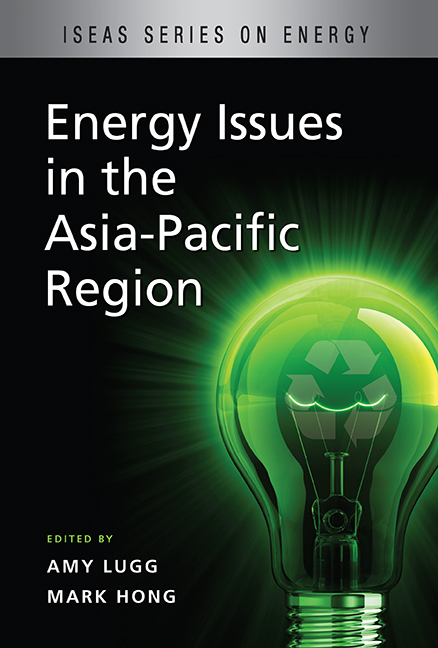9 - Energy Security and Mitigating Climate Change: Plug-in Hybrid Electric Vehicles (PHEVs) and Alternatives to Oil in Asia
from UNITED STATES
Published online by Cambridge University Press: 21 October 2015
Summary
ABSTRACT
How can countries in Asia avoid the pitfalls faced by the United States, with its oil problems? This chapter argues that policy-makers have a wide variety of options available to them, drawing mostly on techniques promoted (but seldom implemented) in the United States and Europe to help reduce dependence on foreign sources of oil. Starting with an evaluation of “demand- side” options before moving to “supply-side” options, it will then focus indepth on the benefits of plug-in hybrid electric vehicles (PHEVs) before offering general conclusions about energy policy.
INTRODUCTION
While Singapore, Southeast Asia, and Asia at large face numerous energy challenges, perhaps none is more significant than the growing dependence on foreign sources of fuel for transportation. The International Energy Agency (IEA), for instance, expects India and China to increase their imports of crude oil from 50 per cent today to 80 per cent by 2020. Singapore already imports more than 99 per cent of its own consumption of energy.
The problem arises because the skewed distribution of oil resources allows a small number of states to supply a very significant share of the world market for transportation fuels. Around ninety countries produce oil, yet only a few producers dominate world output. The members of the Organization of Petroleum Exporting Countries (OPEC) — Algeria, Iran, Kuwait, Libya, Nigeria, Qatar, Saudi Arabia, the United Arab Emirates, and Venezuela — account for approximately 75 per cent of the world's proven conventional oil reserves and 40 per cent of world oil production. The Persian Gulf contains an estimated 674 billion barrels of proven reserves, which represent around 67 per cent of the world total. In 2006, the region maintained 32 per cent of the world's total oil production capacity (about 23 million barrels per day).
While market supply and demand conditions for the past two decades would not support the assertion that OPEC members have been in complete control of the oil market, its members have historically been able to exert considerable influence.
- Type
- Chapter
- Information
- Energy Issues in the Asia-Pacific Region , pp. 203 - 216Publisher: ISEAS–Yusof Ishak InstitutePrint publication year: 2010



